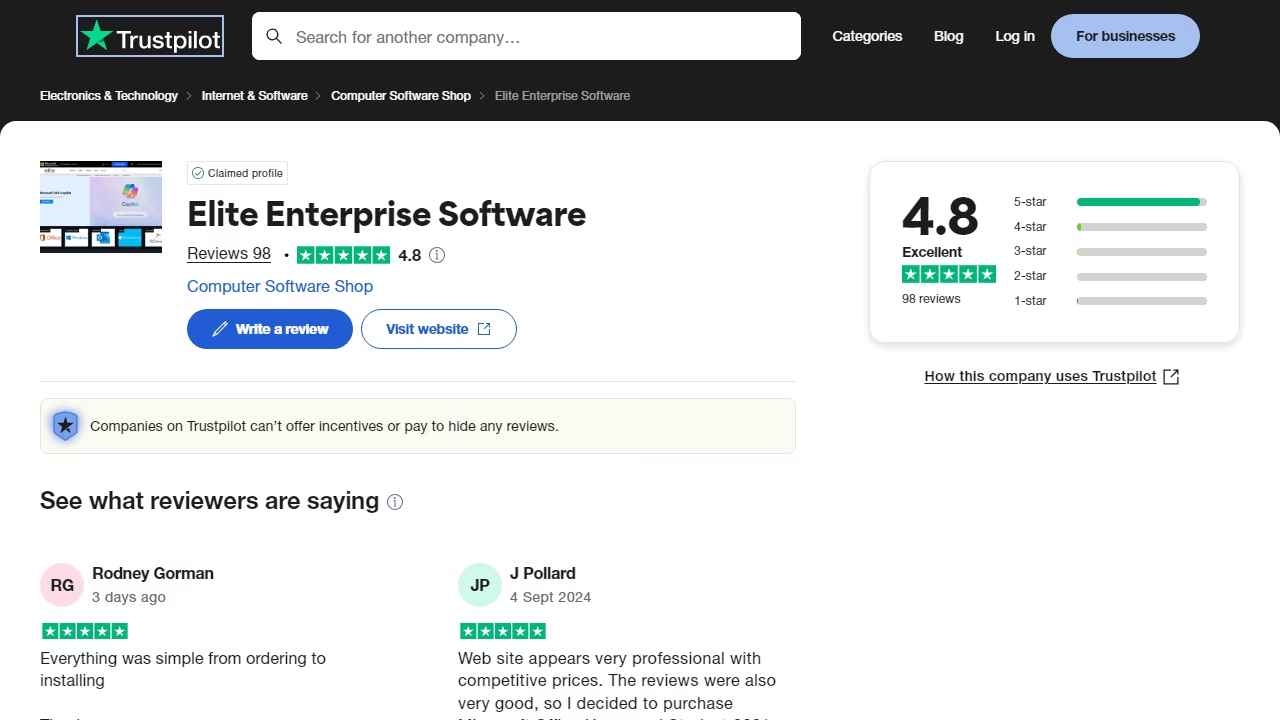Why choose Microsoft SQL Server 2022 over MySQL

Introduction
In the realm of database management systems (DBMS), two giants often come to the forefront of discussion: Microsoft SQL Server and MySQL. Each offers an array of robust features catering to a myriad of data management needs. Yet, there are scenarios where the selection of Microsoft SQL Server over MySQL unveils distinct advantages. This exploration delves into the multitude of factors that might pivot an organization or developer towards Microsoft SQL Server, examining integration capabilities, advanced features, performance metrics, and security protocols.
Integration with Microsoft Ecosystem
A compelling argument for Microsoft SQL Server is its seamless integration within the extensive Microsoft ecosystem. For organizations deeply entrenched in Microsoft products like Windows Server, Microsoft Azure, Microsoft Office, and various other applications, SQL Server provides a natural extension. This congruence fosters streamlined operations, simplified management, and bolstered productivity, enabling effortless sharing and utilization of data across diverse Microsoft platforms.
Advanced Business Intelligence and Analytics
Where Microsoft SQL Server truly shines is in its sophisticated suite of Business Intelligence (BI) and analytics tools. With offerings like SQL Server Analysis Services (SSAS), SQL Server Reporting Services (SSRS), and SQL Server Integration Services (SSIS), it stands as a powerhouse for converting raw data into actionable insights. Whether it's through SSAS's intricate data mining capabilities, SSRS's dynamic report generation, or SSIS's efficient data workflow solutions, SQL Server equips organizations with the necessary tools for data-driven decision-making and strategic planning.
Superior Transaction Control with T-SQL
SQL Server's proprietary extension, Transact-SQL (T-SQL), presents an advanced framework for transaction control, error management, row processing, and variable declaration. This rich feature set enables developers to craft more effective and powerful queries and stored procedures, a critical advantage for complex applications demanding meticulous data manipulation.
Comprehensive Data Types and Functionality
SQL Server's support for an expansive array of data types, some of which are not found in MySQL, sets it apart. Notably, its specialized 'geography' and 'geometry' data types are invaluable for applications requiring spatial data processing. Coupled with full-text search capabilities and support for JSON and XML data formats, SQL Server offers a versatile platform for managing diverse data types.
Robust Security Features
With data security at the pinnacle of organizational concerns, SQL Server leads with formidable security features. Transparent Data Encryption (TDE) provides a layer of security by encrypting databases without altering applications. Additionally, SQL Server's row-level security feature allows precise control over data access within tables, bolstering data privacy and adherence to regulatory mandates.
Performance and Scalability
SQL Server distinguishes itself in performance and scalability, especially for high-demand applications. Its In-Memory OLTP engine boosts performance for transaction-heavy applications by keeping data in memory. Furthermore, SQL Server's adeptness at managing large transaction volumes and its sophisticated query processing engine render it a prime candidate for enterprise-level applications requiring high throughput and scalability.
Support and Documentation
Backed by Microsoft, SQL Server benefits from comprehensive documentation and professional support. This support is invaluable for mission-critical applications, ensuring smooth operation and efficient issue resolution, essential for maintaining system integrity and performance.
Licensing and Total Cost of Ownership
While MySQL is often celebrated for its open-source nature and cost efficiency, SQL Server makes a compelling case with its licensing model, especially for larger enterprises. The breadth of features and integrations SQL Server offers may result in a lower total cost of ownership, particularly in complex or large-scale implementations.
Conclusion
The choice between Microsoft SQL Server and MySQL hinges on various considerations, including project-specific needs and budget constraints. This analysis highlights the scenarios where Microsoft SQL Server could provide significant advantages, from its integration with the Microsoft ecosystem to its advanced security and performance features.
Buy Microsoft SQL Server 2022 here

